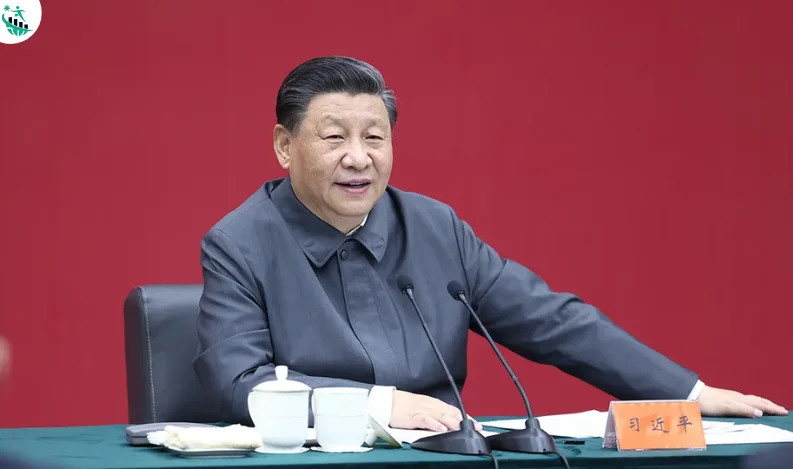
China Accuses U.S. of Spreading Panic Over Rare Earth Export Controls
Beijing: China has accused the United States of deliberately creating panic over Beijing’s new controls on rare earth exports but said it remains open to trade talks to ease tensions.
“The U.S. interpretation seriously distorts and exaggerates China’s measures, deliberately creating unnecessary misunderstanding and panic,” said He Yongqian, spokesperson for China’s Ministry of Commerce, during a press briefing reported by Global Times.
Beijing announced sweeping export restrictions on rare earth minerals last week, citing national security concerns and preventing the materials’ use in military applications. The move comes ahead of an expected meeting between President Donald Trump and President Xi Jinping in South Korea.
The U.S. has accused China of trying to dominate global technology supply chains. U.S. Trade Representative Jamieson Greer told CNBC that the new restrictions could trigger 100% tariffs on Chinese goods starting November 1, depending on Beijing’s actions.
China’s Ministry of Commerce rejected the claims, saying Washington was projecting its own behaviour through restrictions on semiconductors and foreign content rules designed to exclude Chinese firms from North American supply chains.
Rare earth elements are key to producing magnets used in fighter jets, drones, missiles, electric vehicles, and semiconductors. The U.S. remains heavily dependent on China, which dominates global supply and refining.
In response, the Trump administration is working to develop a domestic rare earth supply chain. The Department of Defense recently expanded a deal with MP Materials, America’s largest rare earth miner, to secure domestic production.
Treasury Secretary Scott Bessent told CNBC that Washington could take additional equity stakes in critical industries, saying: “We have to be self-sufficient or work closely with our allies.”
The rare earth dispute adds new pressure on U.S.-China trade relations, already strained by tariffs, tech bans, and competing industrial policies.



Recent Comments:
No comments yet.